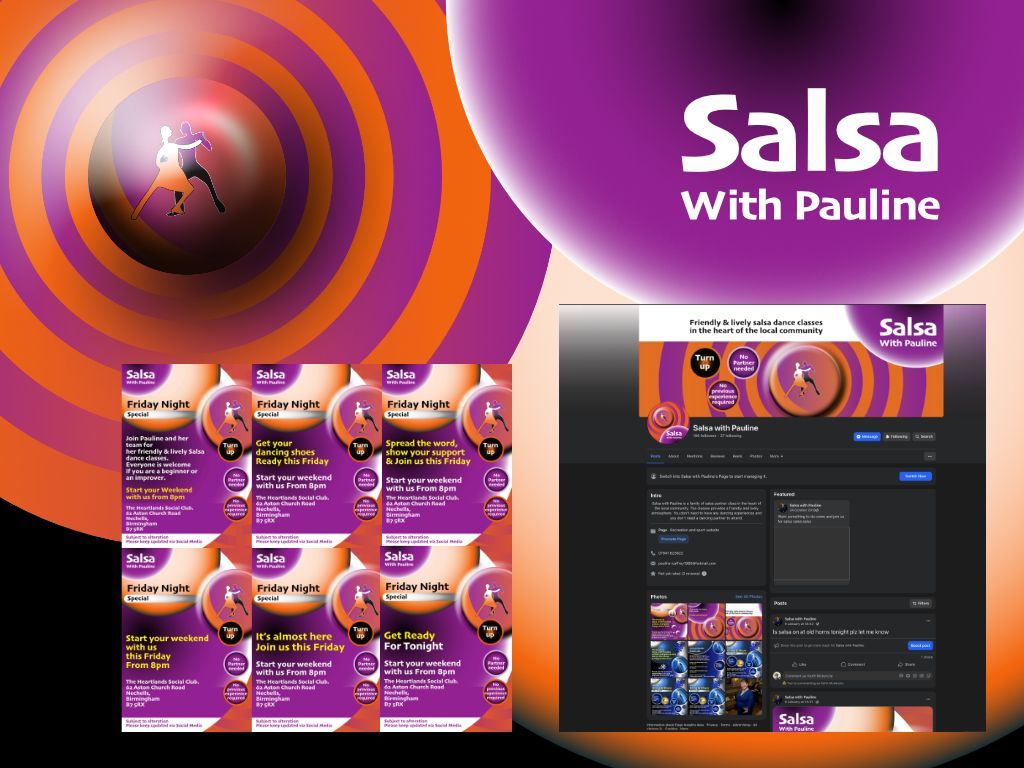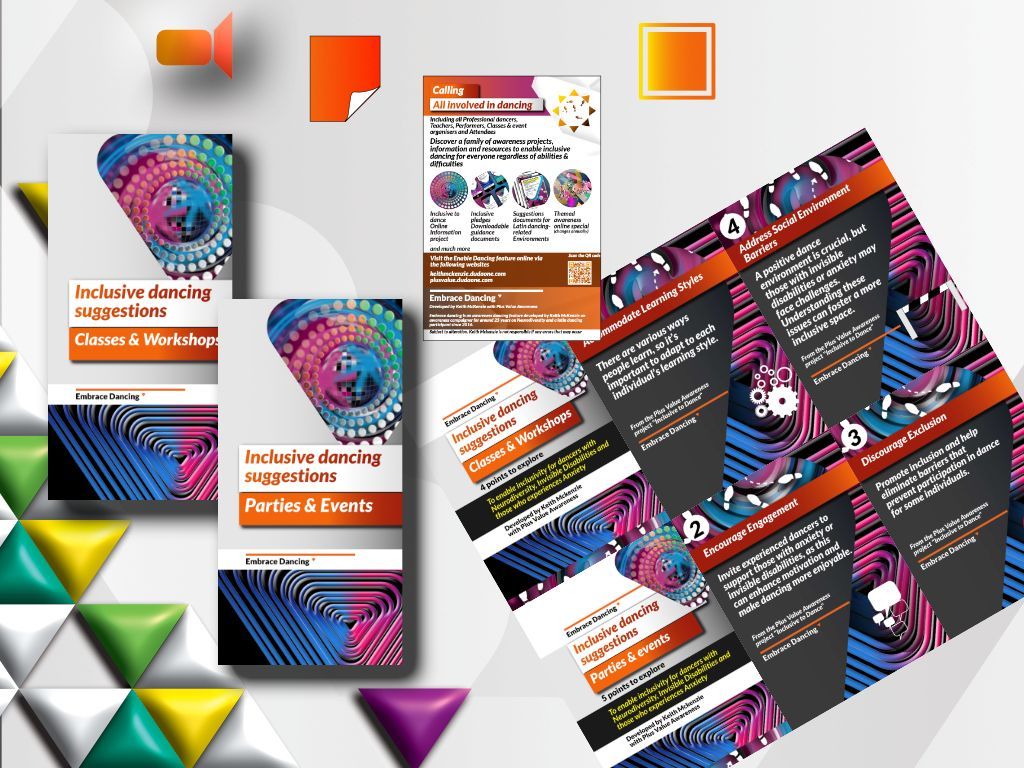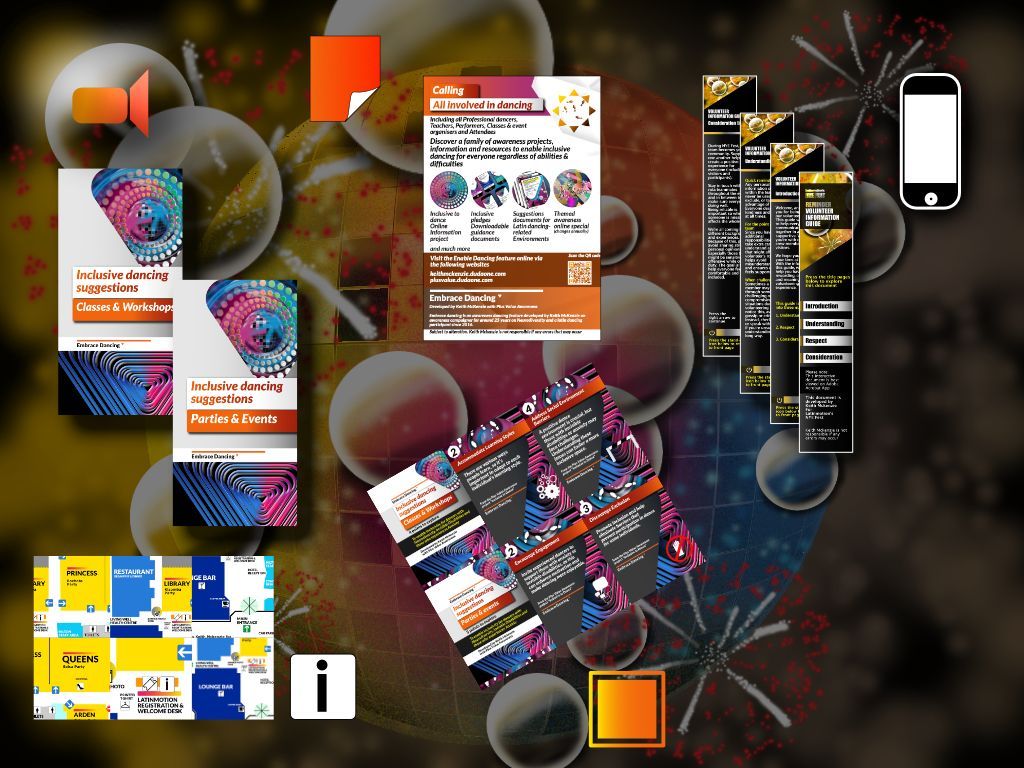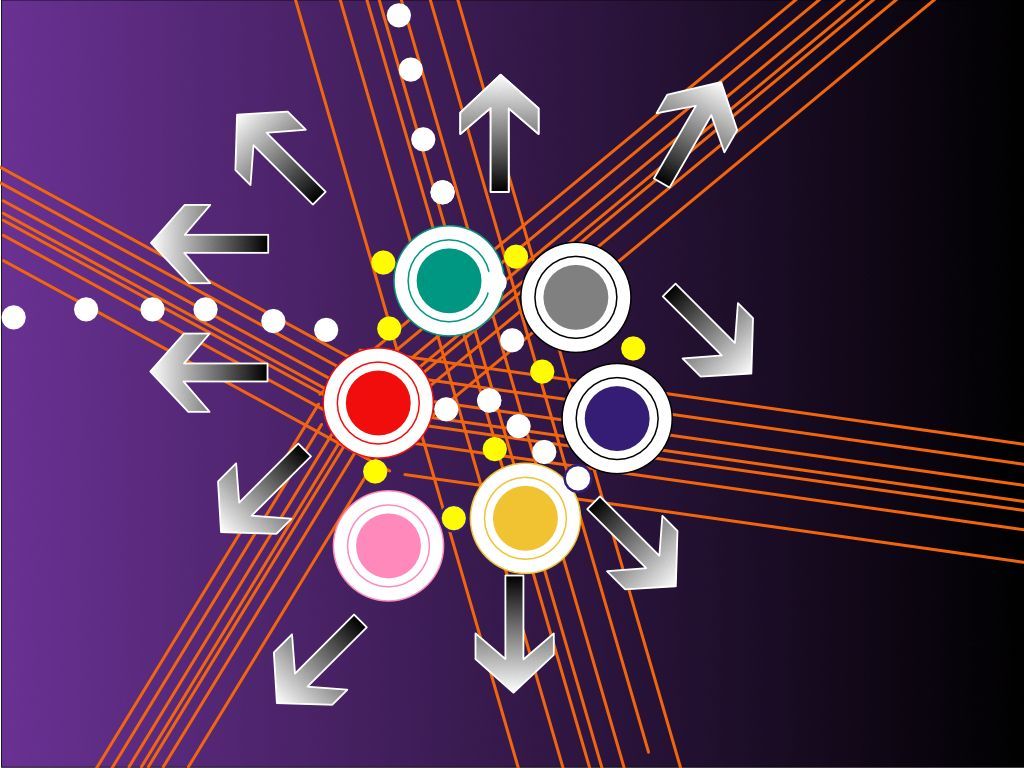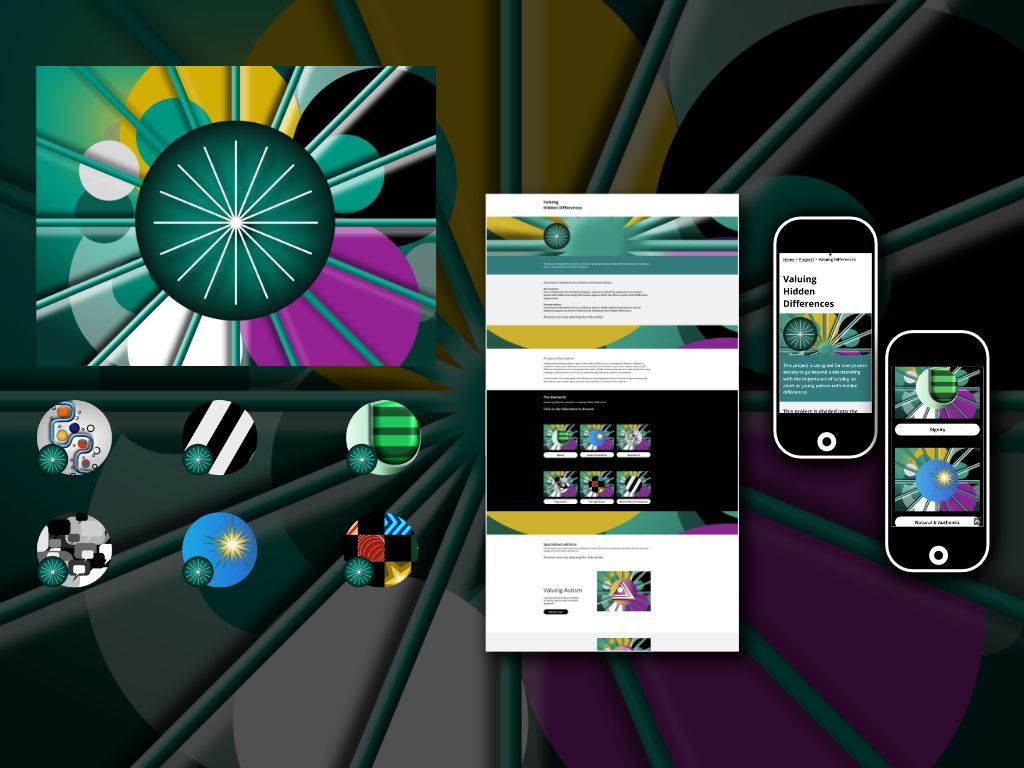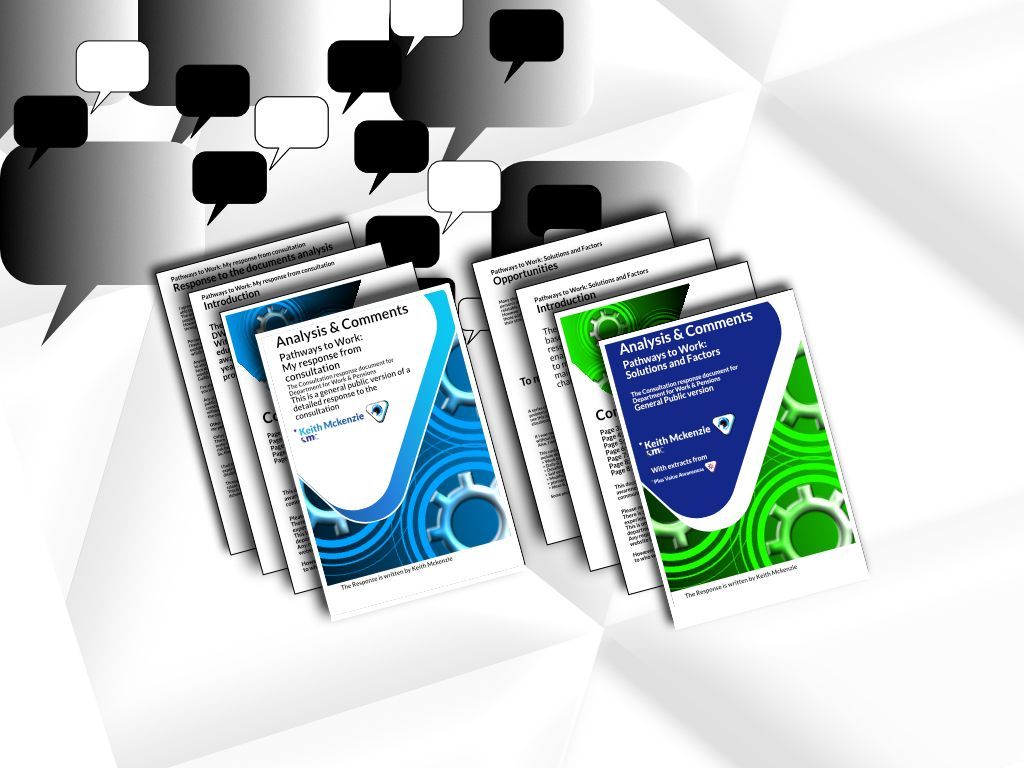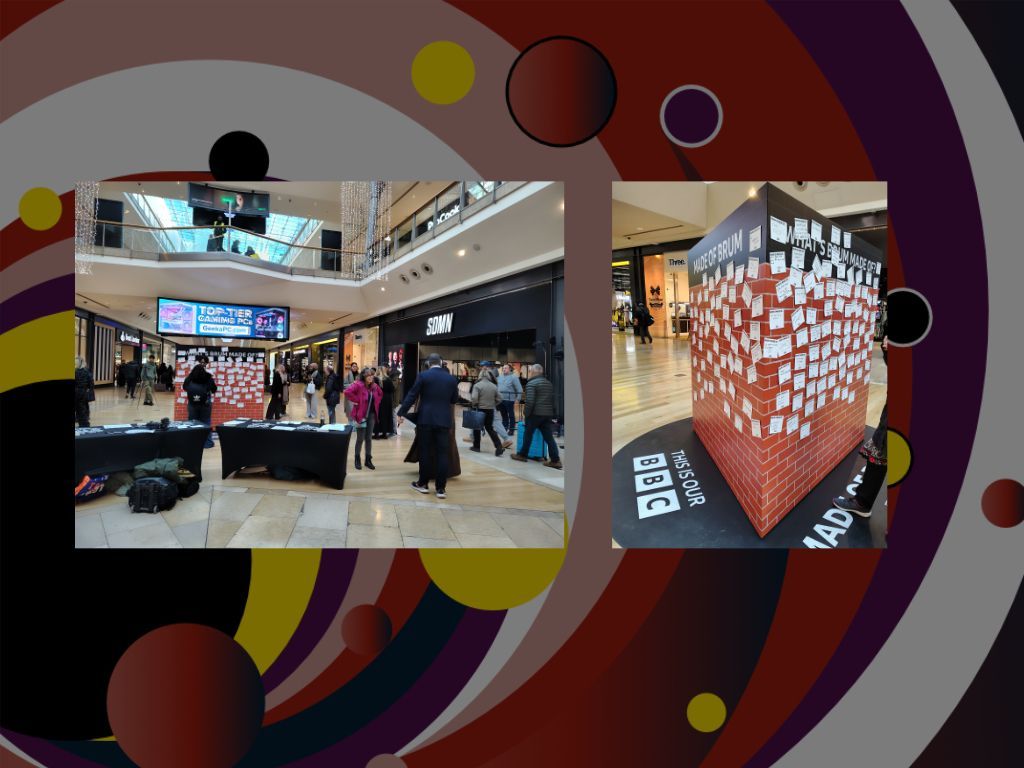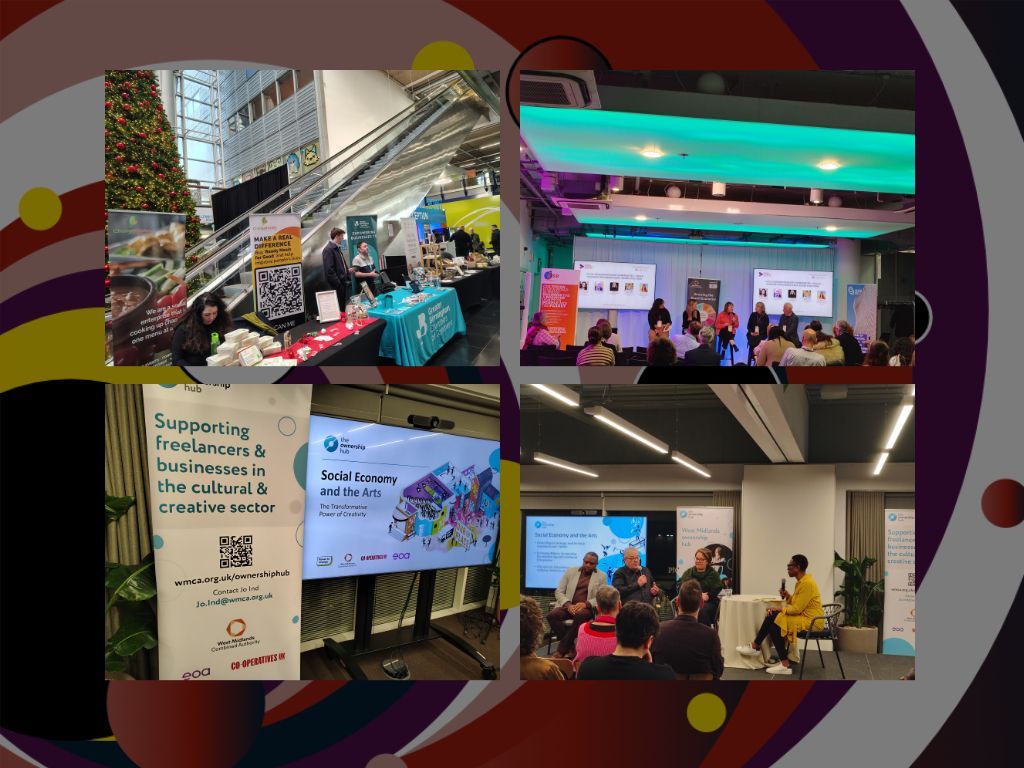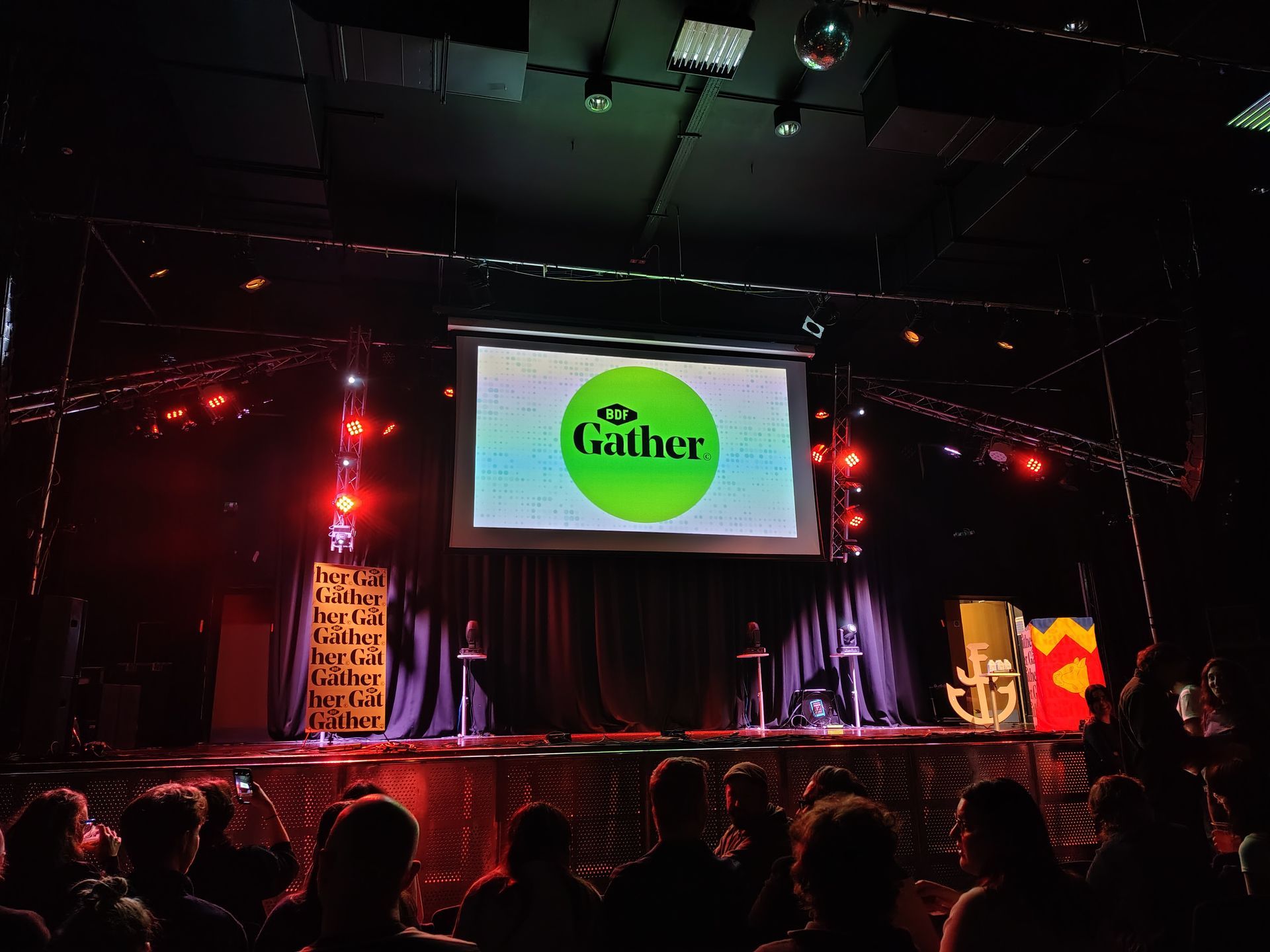Home > KMC Blog index > Current article
Insight: Be wiser and avoid being reactive
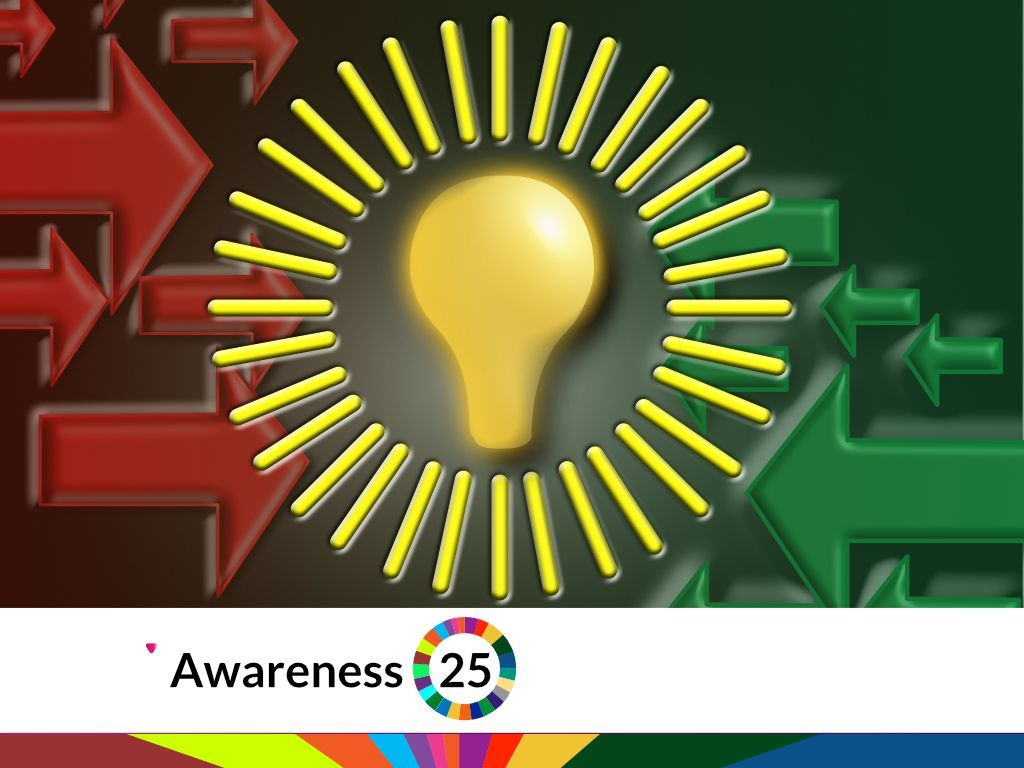
For supporting
World Autism Acceptance Month
This article is part of the 25th Anniversary since the I have started awareness projects and activities back in 2000
In the past, there has been a lot of stigma for myself an an autistic and neurodivergent person with a multicultural background
MY EXPERIENCES
I have faced several challenges and obstacles which enable other people when other multicultural individuals to disclose and enable them to understand my difficulties. This also applies on occasions with general society.
EXAMPLE OF STIGMA IN MULTICULTURAL COMMUNITIES
Hiding Behind The Labels
One of the frequent examples includes being accused of hiding behind my difficulties or trying to be accused of hiding behind a label. This is a term that wrongly accused me of not taking responsibility.
Lacking pride or confidence
Some people will respond by disregarding my difficulties and patronising accusations that I lack any pride when it comes to disclosing or enabling others to understand me.
I have also been given some unhelpful responses to having some confidence in myself. This would happen if a person disregards my difficulties against any requirement that I would find impossible due to my difficulties.
Unrealistic Expectations
Another example is when other people make critical arguments with remarks that my difficulties are not an excuse for what may struggle with unrealistic pressures to have neurotypical thinking and abilities. This leads to situations in which I am accused of not trying hard enough against the difficulties I live with.
Disrespectful judgement of my difficulties whether I've disclosed or not
Regardless if I have disclosed my difficulties or not, one of the embarrassing and stigmatising problems is when a person notices how many struggle or responds differently to how the other person would face unnecessary criticism without understanding the difficulties I live with. Examples of this matter include being criticised for remembering people's names even though I live with sought to memory difficulties. Also, when networking at a major business event, a CEO wrongly disrespected my communication skills even though I had disclosed my difficulties from the outset.
However, through my observations, I have noticed this example is getting worse. I have faced unplanned intervening lecturing.
I have experienced this myself from strangers who don't know me making false perceptions and not aware of my difficulties and how other people misperceive me
Some of these examples are examples I have been treated over the years. Sadly this sort of disrespect for and perceptive judgment has now worsened.
EXAMPLES OF STIGMA IN GENERAL COMMUNITIES
When I am visible with general communities in public spaces and open spaces, it can be very embarrassing as a black male on the autistic. With being constantly made to feel ashamed regularly. For example, if I'm using my human rights to speak up against something that is not right, I'm automatically seen as awkward. If I am seen as upset I am automatically seen as aggressive or a danger. When I'm standing up for myself I'm automatically seen as an irritant. If my difficulties are noticed by others I'm automatically seen as either lazy or nuisance. When I am struggling or seeking help I am automatically seen as a leech.
THE CONSEQUENCES
If we do not intervene and change attitudes and social behaviour on this matter, it won't mean many multicultural people like me with autistic and neurodivergent-related differences will always become excluded from many opportunities and be excluded from certain parts of society. Also, the effects of constant mistreatment can harm a person's interpersonal abilities, social skills and confidence. It can also harm anyone's confidence and self-esteem.
WHAT HAS TO CHANGE
Cultural change must happen within the multicultural & general communities and stop reverting to old-fashioned perceptions that a person's difficulties are a form of embarrassment and a liability.
This means stopping demonising, disrespecting or disrupting a person for difficulties they live with. Move away from false assumptions through perception and typecasting.
Also, we must not stop pressurising multicultural people with hidden differences related to unrealistic expectations, as it could cause disruptive and harmful implications against instability and circumstances.
POSITIVE STEPS FORWARD
Have an open mind when you know someone who lives with specific difficulties, including when they have disclosed understanding information.
Think before you judge or interview anyone who doesn't understand.
FINAL POINT
Everyone in the all communities must stop shaming, be respectful, patient and value mine and other people on the autitsic spectrum's existence
Written by Keith Mckenzie
Find out more about me
RECOMMENDED PROJECTS
From the Plus Value Awareness website
Autistic Spectrum Focus
The online feature which contains customised information and projects
Valuing Hidden Differences (Autistic Spectrum Version)
To improve understanding and to value an Autistic Person
Autistic Achievers
A summary list of achievers and role models with the Autistic Person
Positive Value
The starting point of valuing a dyslexic person and other hidden differences as citizens
Higher Aspirations
The special introductory feature on the importance of looking beyond understanding and acceptance
Advantage
The information project focuses on positive attributes and possibilities at work, education, and command of the rest of society.
Coming Soon
An special online feature to mark 25th Anniversary of my awareness projects
INFORMATION
Hidden differences are used as a collective description of independent and articulate young people and adults who live with types of difficulties that are not visually obvious
This article is linked with
Visit the Awareness index to explore

Visit the Plus Value Awareness website for discover a range of projects for my awareness initiative
© Copyright Keith Mckenzie
Notice to editors
Keith Mckenzie
Keith is an awareness campaigner, a creative designer (Graphic design and digital art) and a salsa dancing participant
With a background in Art & Design (including Graphic Design & Digital art) and a participant in music-related film documentaries, events & record label project King Of the Beats including filming and behind the scene preparations.
Keith was educated at Hereford College of the Arts, the University of Northampton, Birmingham City University and Google's Digital Garage. Since 2000, he has developed over twenty years in providing awareness projects, campaigns and activities with the Awareness brand Plus Value Awareness along with Differences Originals. Also are involved with salsa classes in the local community as an assistant. Also have participated in major dancing conventions twice a year at Birmingham's NEC for Birmingham Latinmotion and London's ManboCity.
In 2022, Keith become a featured community participant for Birmingham who became part of special projects and campaigns to promote a positive legacy beyond hosting the commonwealth games
Plus Value Awareness
The Plus Value awareness initiative is a family of projects, information & campaigns about challenges understanding and awareness for people with invisible difficulties, to see a more human rather than medical aspects and to promote and to educate a better sense of value. Eventually to develop this awareness initiative to provide in the future potential services, products and social mission activities as part of the umbrella identity Aware+Vision
Hidden differences are used to describe independent people which live with specific neurological difficulties or Anxiety which is not noticed. This is associated with moderate or mild psychological and learning-related conditions (including a mild form of autism through to, Dyslexia, Dyspraxia, ADHD & Social Anxiety).
Follow me on Social media



